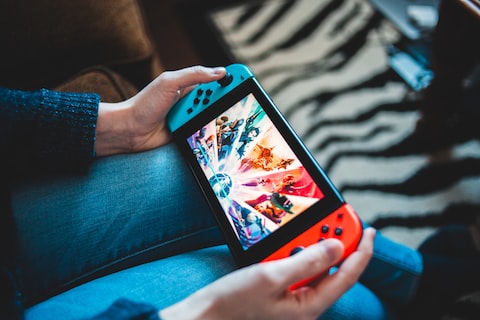Gaming has become a significant part of modern entertainment, captivating individuals from all walks of life. The immersive nature of gaming experiences has led researchers to explore the effects of gaming on various aspects of cognitive abilities.
As technology advances, games have become increasingly complex and engaging. This article aims to shed light on the science behind gaming and its impact on cognitive skills, providing valuable information for gamers and those interested in the intersection of science and entertainment.
The Link between Gaming and Cognitive Abilities
Research suggests that gaming can have both positive and negative effects on cognitive abilities. While excessive gaming can lead to detrimental effects such as addiction and decreased attention span, moderate and controlled gaming can enhance certain cognitive skills.
One of the most notable effects of gaming on cognitive abilities is improved problem-solving and critical thinking skills. The challenges presented in games often require players to think strategically, adapt quickly, and develop new strategies on the spot. This constant engagement with problem-solving tasks can significantly sharpen cognitive abilities.
Gaming can also enhance hand-eye coordination and reaction time. Action games, in particular, have been found to improve these skills, as players must react swiftly to visual and auditory cues within the game environment. This improved coordination and reaction time can translate to real-life situations and activities.
Exploring the Science Behind Gaming
Scientists have been intrigued by the effects of gaming on the brain, leading to various studies and experiments. Functional magnetic resonance imaging (fMRI) studies have shown that gaming can activate different regions of the brain, including those responsible for attention, memory, and decision-making.
Furthermore, gaming has been found to increase the production of dopamine, a neurotransmitter associated with motivation and reward. This surge in dopamine can enhance focus and motivation, making gamers more determined and attentive during gameplay.
Conclusion
The science behind gaming is a fascinating field of study that continues to evolve as games become more sophisticated. While excessive gaming can have negative effects, moderate and controlled gaming can enhance cognitive abilities, such as problem-solving, hand-eye coordination, and reaction time.
By understanding the science behind gaming, individuals can make informed decisions about their gaming habits and leverage the potential cognitive benefits. Whether you’re a passionate gamer or simply interested in the intersection of science and entertainment, exploring the effects of gaming on cognitive abilities provides intriguing insights into the world of gaming.

